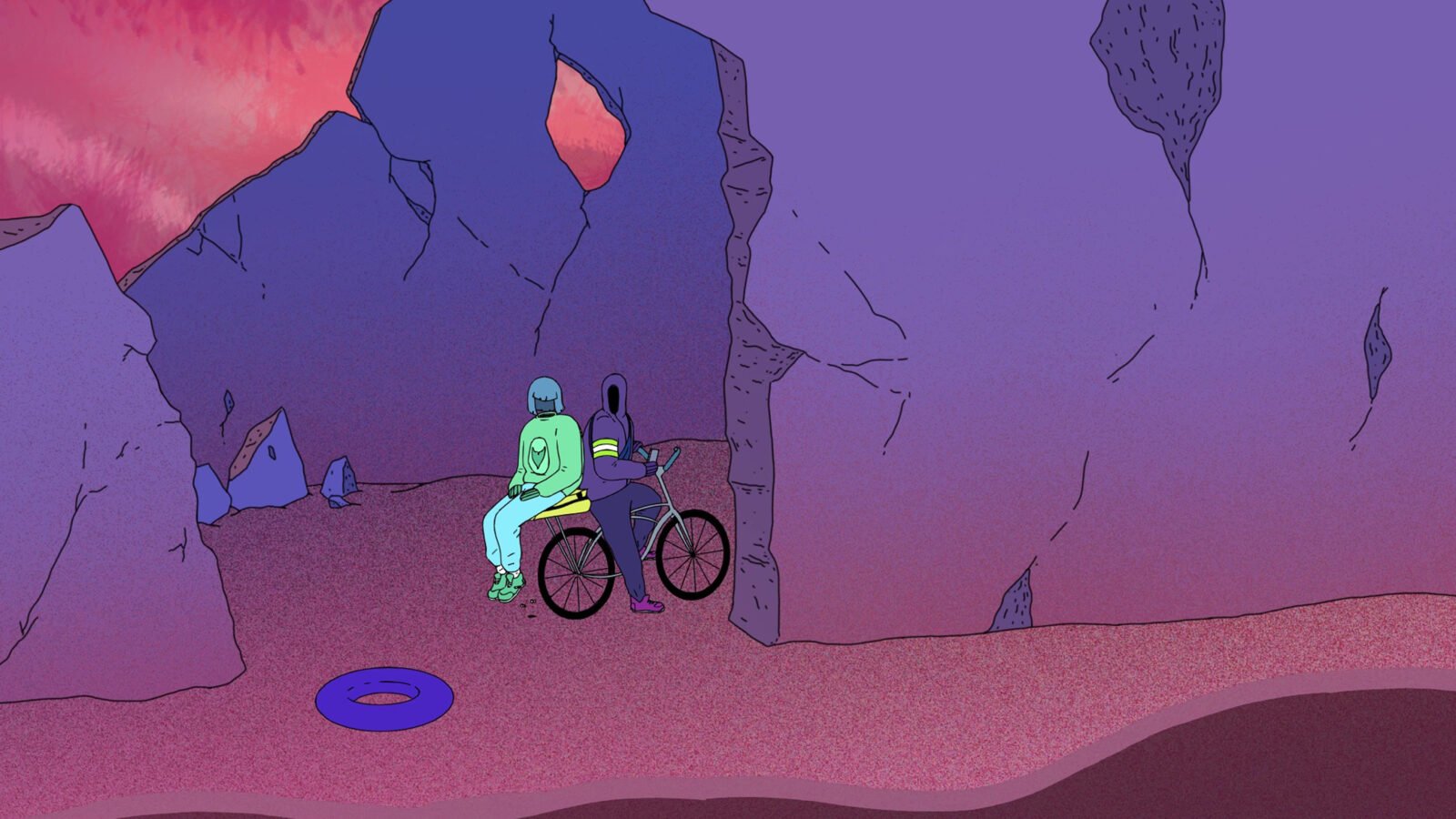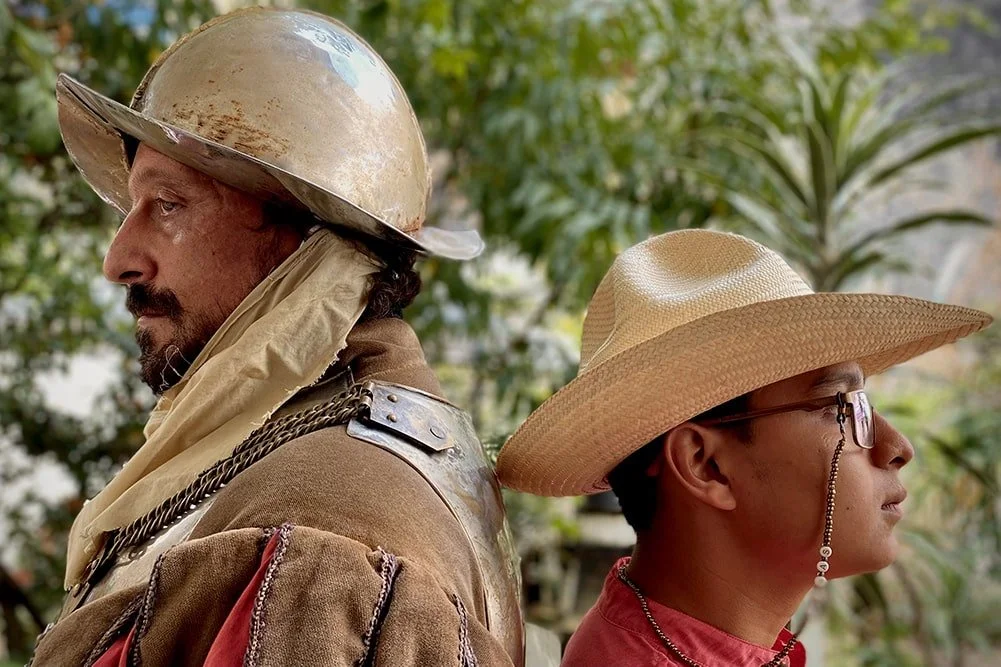
Lost & Found: Cine(Ma)S Latinoamericanos Re-Unidos
New York City, despite its status as a world capital of cinema, regularly misses out on screenings of many key international films. Though the exhibition of Latin American cinema in the city has drastically increased over the years, a considerable number of influential movies from the region still fail to premiere locally. In 2017, Anthology Film Archives and Cinema Tropical joined forces to create an ongoing series – programmed by Matías Piñeiro and Carlos A. Gutiérrez – of monthly screenings featuring remarkable Latin American films making their local premiere. The series (formerly entitled “If You Can Screen It There”) was paused following the pandemic, but it’s now revived and rechristened as “Lost & Found: Cine(ma)s Latinoamericanos Re-Unidos”. Far from minor works, the films included here are by some of the region’s most important filmmakers, have garnered major awards at international festivals, and provide an important window into the often-overlooked world of Latin American cinema.
Co-presented by Anthology Film Archives and Cinema Tropical. Programmed by Matías Piñeiro and Carlos A. Gutiérrez.
Upcoming Screenings
PLEBEIAN ULYSSES
November 19 at 7:00 PM
NORTH AMERICAN PREMIERE!
César González
PLEBEIAN ULYSSES / ULISES PLEBEYO
Argentina, 2024, 68 min, digital. No dialogue.
“Prolific Argentine filmmaker and poet César González has been crafting one of the most original and groundbreaking bodies of work in contemporary Argentine cinema. Yet, far too little of it has been screened in the U.S. – and it’s time to change that. González has authored books of poetry, novels, and essays on cinema, that depict life on the margins of society – a life he has lived and continues to live intensely. This experience resonates deeply in each of his films.
AN OSCILLATING SHADOW
December 17 at 7:00 PM
NEW YORK PREMIERE!
Celeste Rojas Mugica
AN OSCILLATING SHADOW / UNA SOMBRA OSCILANTE
Chile, 2024, 72 min, DCP. In Spanish with English subtitles.
“A game played by two – a father and a daughter. This game, involving chemicals in a film lab, becomes a bridge between two generations who understand and experience photography in very different ways. Will they be able to understand each other? Will they reconnect after the scars of a violent national history, exile, and complex family dynamics? Artist Celeste Rojas Mugica crafts a hybrid, first-person film that reconstructs, with singular humor and a precise touch, the memory of her father amid the political violence of Chile’s dictatorship. Winner of the Jury Special Mention at FIDMarseille 2024, AN OSCILLATING SHADOW embraces the ontology of cinema to explore how images from the past can still illuminate our present selves – especially within our most intimate and sensitive circles.” –Matías Piñeiro
































